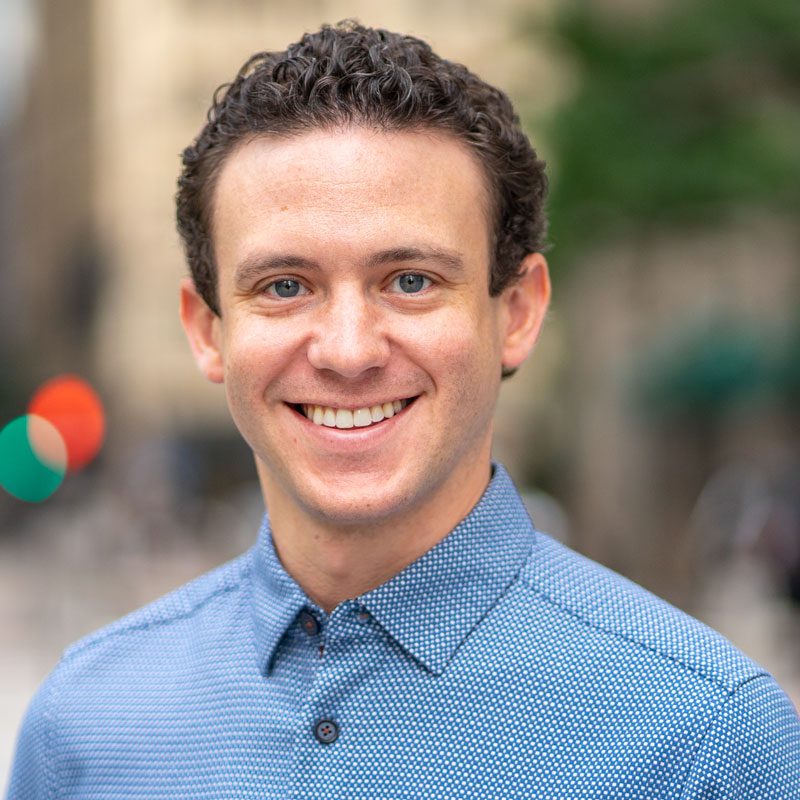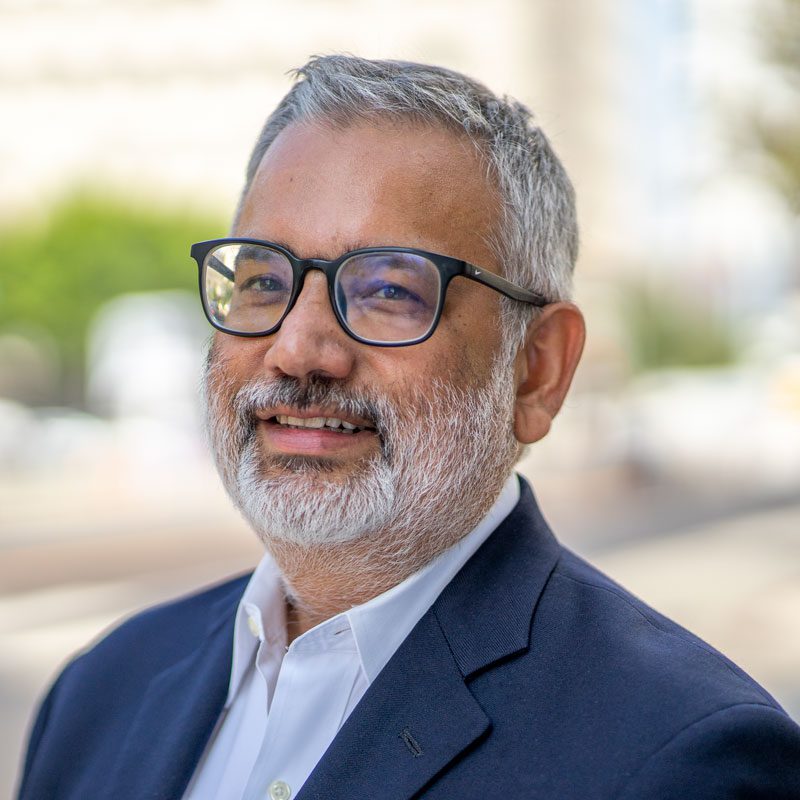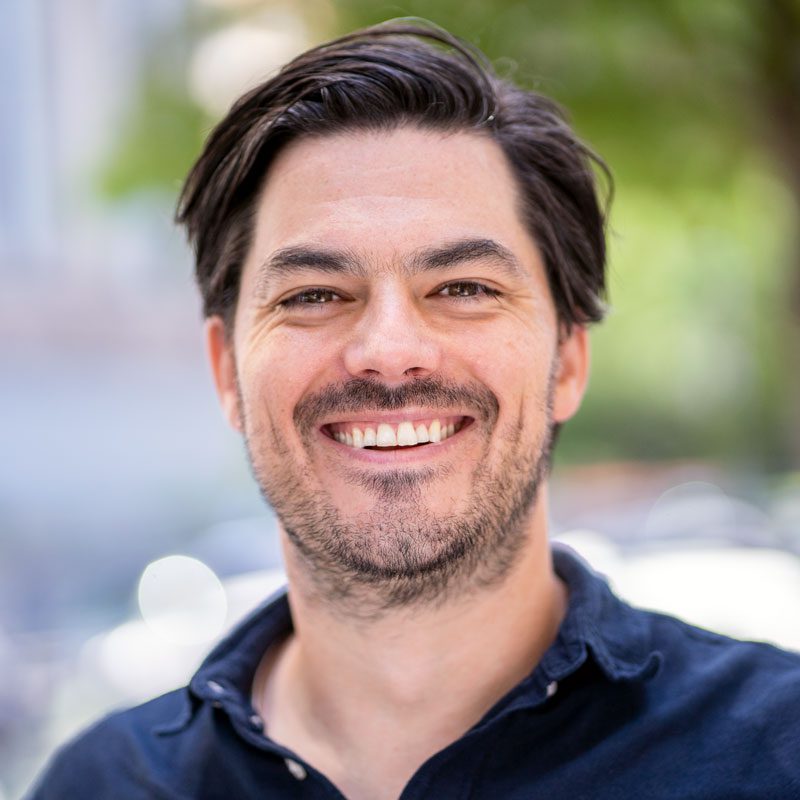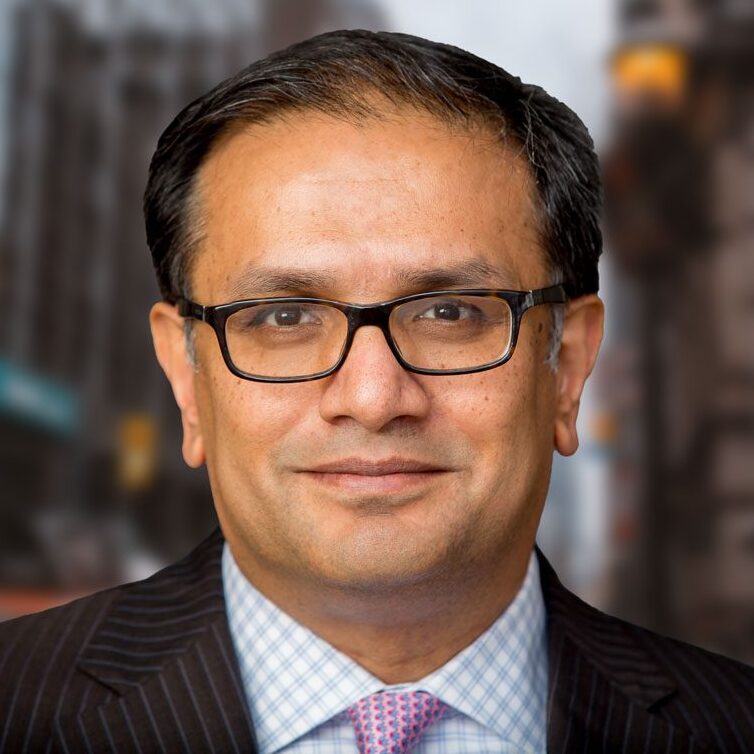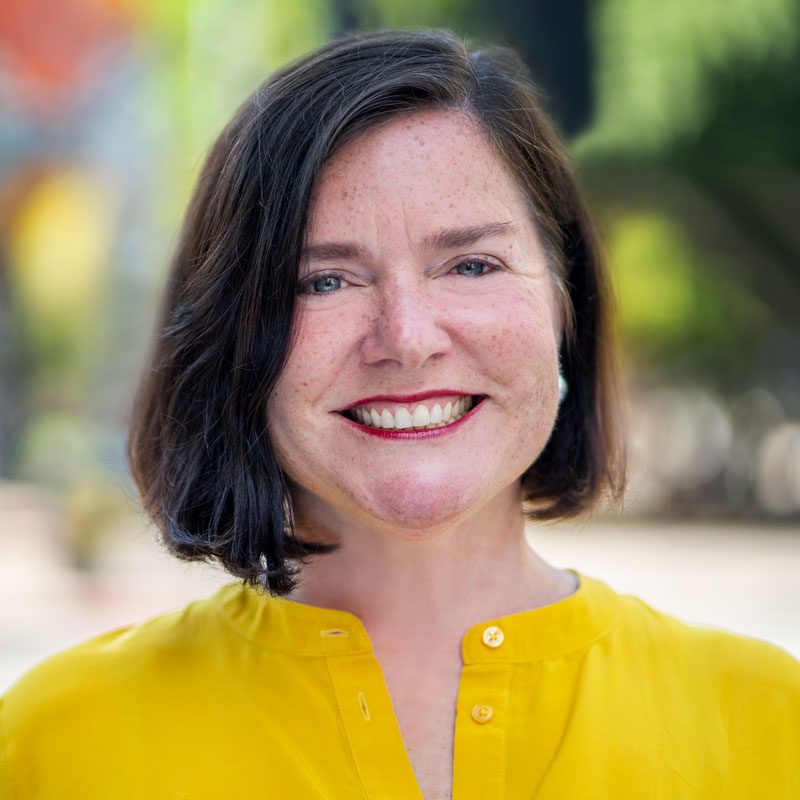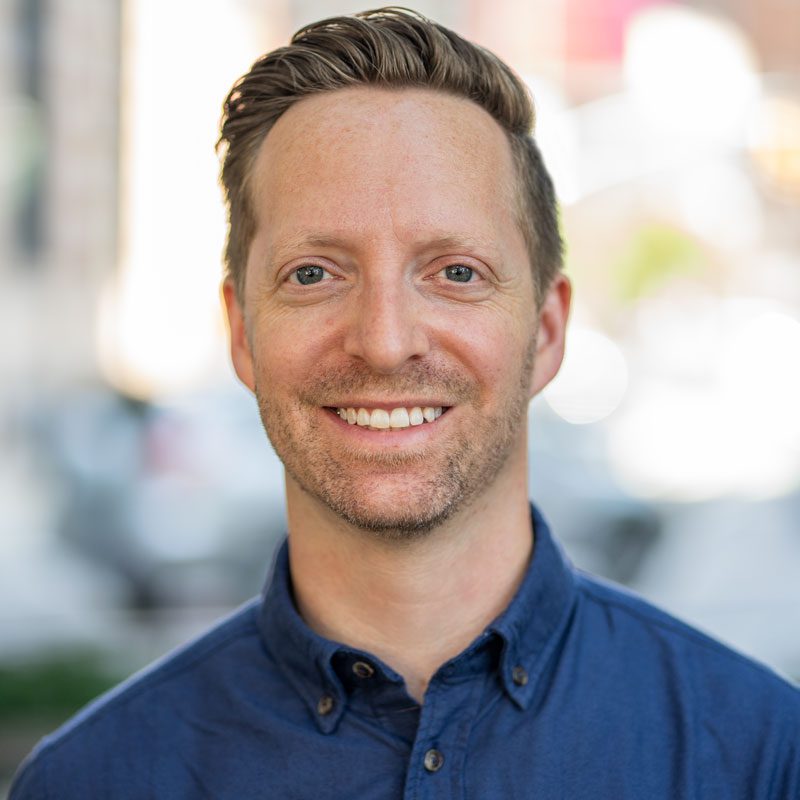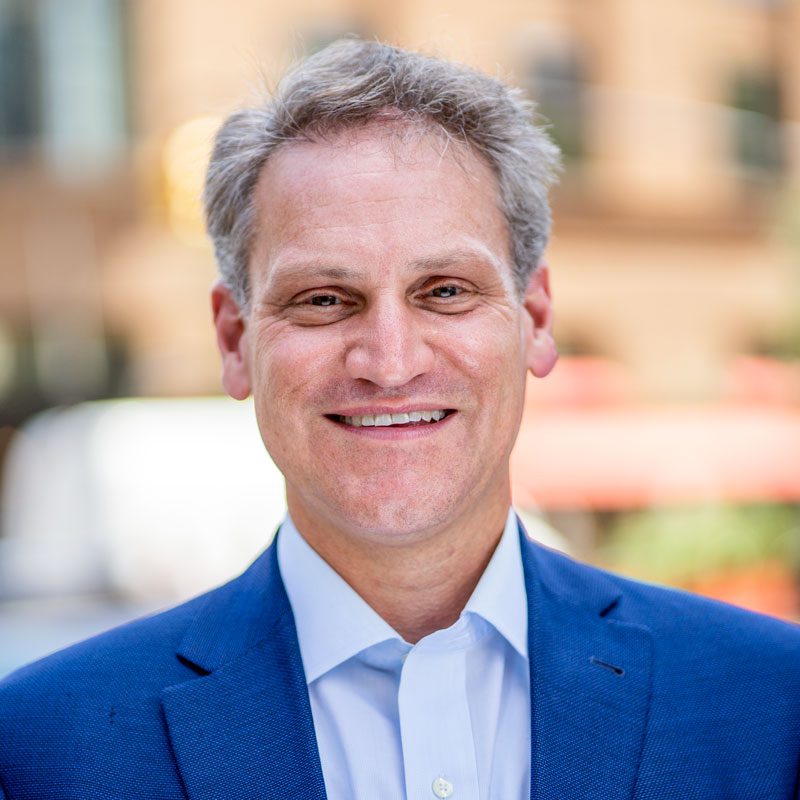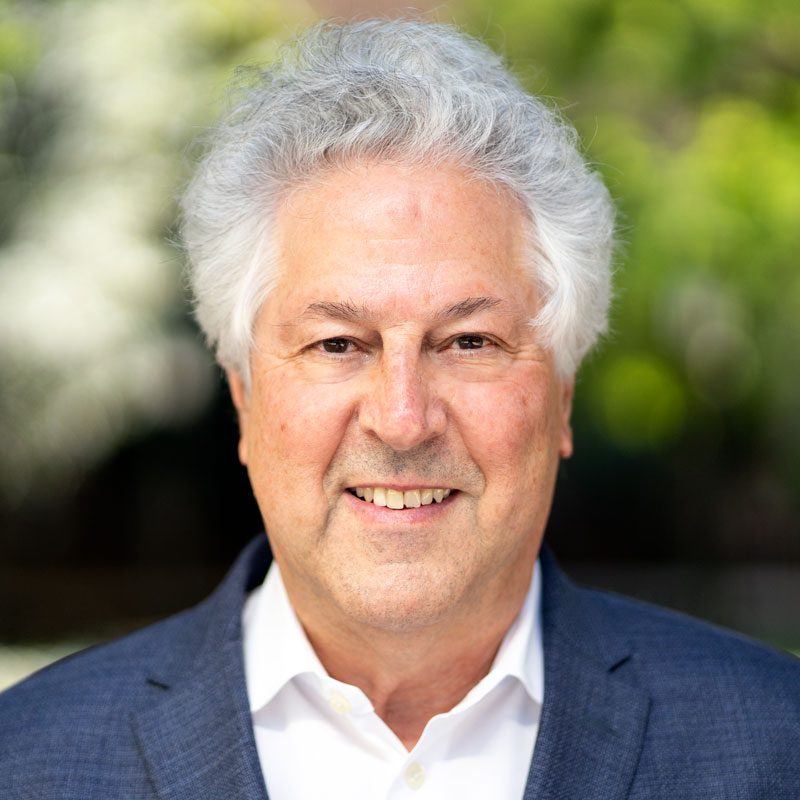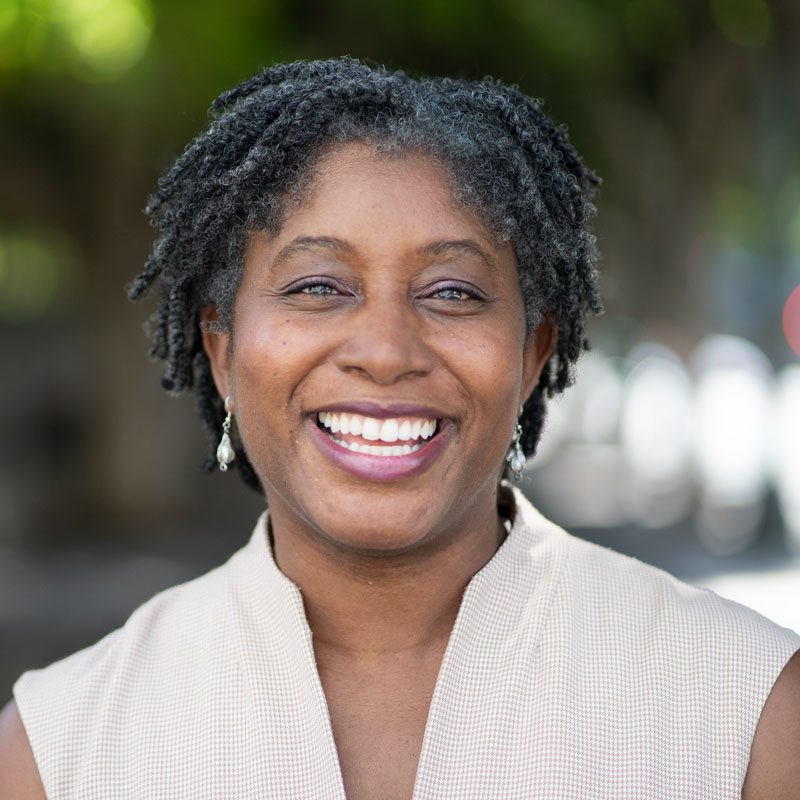In Texas and across the country, Aaron works with public-sector, private-sector, and nonprofit clients to shape equitable and implementable real estate projects, policies, strategies, and public space investments. Aaron’s expertise in real estate, public finance, parks and open space, public policy, economic development, and organizational strategy helps clients develop strong visions and plans and the structures, resources, and processes to implement them. Aaron leads HR&A’s Texas office in Dallas.
On behalf of public and private landowners, Aaron has managed some of HR&A’s largest district pre-development advisory projects. Aaron was a strategic partner and development advisor to Rice Management Company, which manages the Rice University Endowment, for both the 300,000 square foot Ion innovation hub and broader 16-acre Ion District, overseeing real estate and programmatic development of the project with the goals of creating a thriving and inclusive tech ecosystem in Houston. This work included the development and adoption of a robust Community Benefits Agreement guiding over $15M in commitments to workforce inclusion, entrepreneurship, and housing affordability. In Denver, Aaron helped guide the owners of the 40-acre Broadway Station project through a market-supportable master plan and a public financing strategy to develop one of Denver’s largest and most complex transit-oriented development sites. In Fort Worth, Aaron managed the team developing an updated Strategic Vision for Panther Island, a 400+ acre site adjacent to Downtown with great economic and real estate development potential associated with upcoming transformation of the Fort Worth Central City waterfront through major flood control investment.
Aaron works with cities, nonprofit organizations, and civic partnerships to craft policies and strategic plans that reflect and advance clients’ missions and aspirations. Since 2021, Aaron has served as an advisor to the City of Dallas in policy development and implementation for the City’s Economic Development Policy that for the first time prioritizes Southern Dallas and communities of color, including crafting updates to economic development incentives, historic preservation policies, and community development functions. Aaron guided Downtown Dallas, Inc., the nonprofit responsible for championing Downtown Dallas and managing the downtown Public Improvement District, through the organization’s first strategic planning process, culminating in a new mission and focused priorities for the organization. In Cleveland, Aaron advised the Greater Cleveland Partnership and its public and private sector partners on the development model and governance strategy for the transformation of the Cleveland North Coast Lakefront, resulting in the creation of a new Waterfront Development Authority to steward the project. Aaron also developed a new five-year strategic plan for the Tulsa’s Future Initiative, the public-private regional economic development plan led by the Tulsa Regional Chamber, as the organization navigated the impacts of the COVID-19 pandemic.
Aaron has provided analysis and implementation planning for transformative urban parks and public spaces. Aaron worked closely with the Buffalo Bayou Partnership on the investment strategy and master plan for Buffalo Bayou East, a four mile extension of the waterfront park system including park, trail, and community development. For the Trinity Park Conservancy, which is driving a vision for Harold Simmons Park in Dallas, HR&A prepared an Equitable Development Toolkit and real estate impact study to help guide planning and implementation. Aaron’s work includes impact analysis and implementation strategies for other clients and projects including the Dallas Park & Recreation Department, Klyde Warren Park, the Texas Trees Foundation, Kansas City Washington Square Park, and Shaker Square in Cleveland.
Aaron joined HR&A in 2013 in New York City and moved to Dallas in 2015 to launch the Texas office. Prior to HR&A, Aaron spent two years working in Southeast Asia. As a Princeton in Asia Fellow in Ho Chi Minh City, Vietnam, Aaron coordinated fundraising efforts for the Asia Injury Prevention Foundation, an NGO working to reduce road traffic injuries and fatalities in the developing world. He later joined Intel in Bangkok, Thailand, where he supported the regional Corporate Social Responsibility team. Previously, Aaron worked for Slavic Village Development, a community development organization in Cleveland, and for the Supportive Housing Network of New York.
Aaron holds a Bachelor of Arts degree from the Woodrow Wilson School of Public & International Affairs at Princeton University, where he also received a certificate in Urban Studies.
